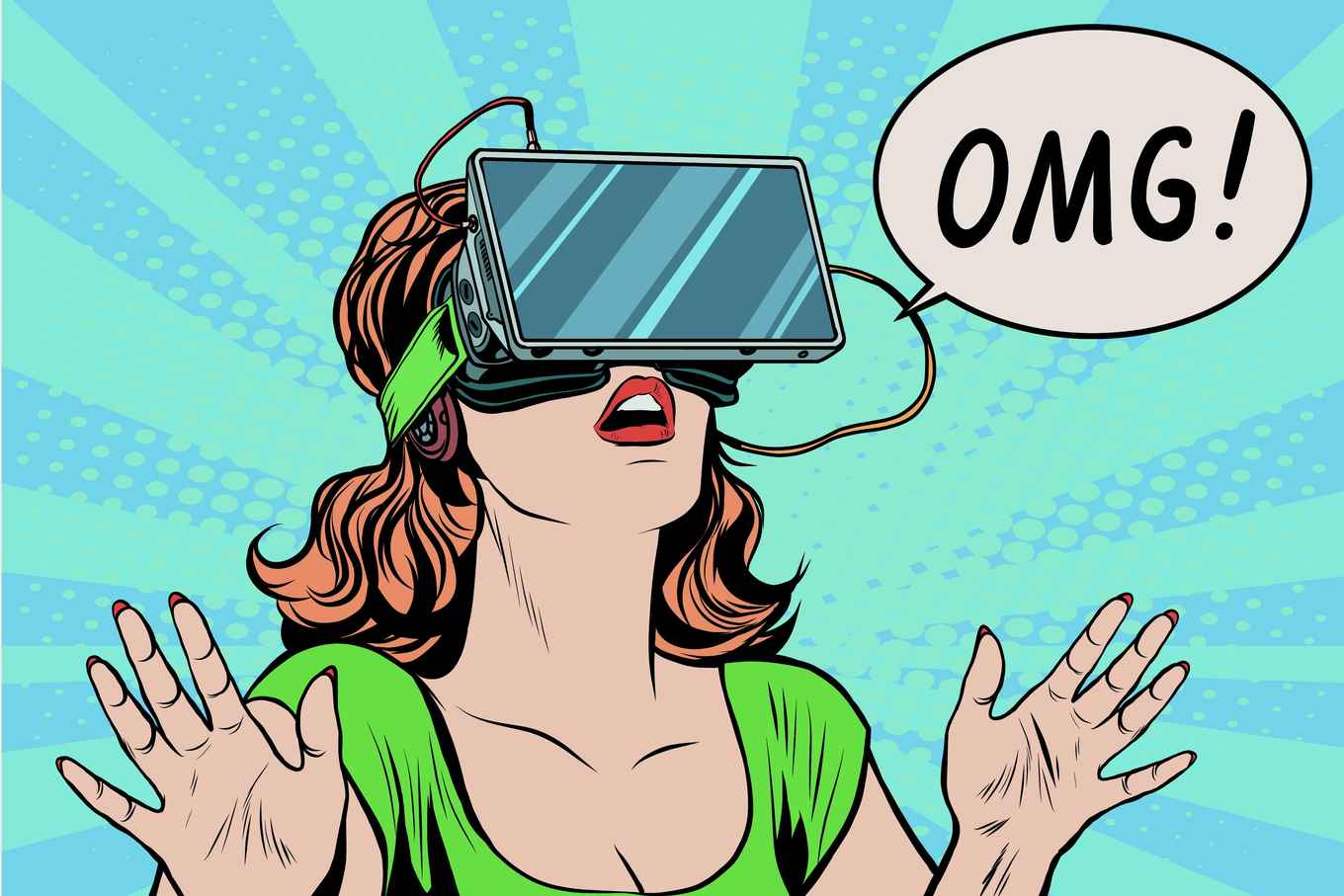Virtual reality: a front-row seat to the impact of (un)sustainable behaviour
15 October 2021

You walk around a supermarket and whenever you take a product from the shelves, a pop-up appears with information about the environmental impact of your choice, for example, clearcutting of tropical rainforest to cultivate the palm oil in your chocolate spread. You travel through time to see how much plastic waste your everyday products create in the future, and travel back to see how your mountain of waste shrinks when you make more sustainable decisions.
VR shown to have a positive effect on sustainability
The first findings from Meijers and Sungur's projects are in and the results are positive. 'Research into the VR supermarket shows it gets the message across more effectively and gives people the feeling that they have control over the problem', says Meijers. 'They clearly see how buying eco-friendly products contributes to a more sustainable world and that unsustainable choices have a negative effect. This positive effect on the participants' behaviour continued to be reflected in their real-world shopping habits after two weeks.’
'In the past year, we have successfully developed and tested our virtual and interactive time machine', says Sungur. 'The initial results show that virtual reality helps promote sustainable habits among adults. Undergoing the VR experience showed participants how they could reduce the amount of plastic they consume, which successfully translated into more sustainable real-world choices. Next, we'd like to test the product with a younger target audience.'
Virtual reality reduces psychological distance
'These studies underline the potential of virtual reality to confront people with issues that they often feel too far removed from to worry about, such as the impact of our behaviour on the planet', conclude Meijers and Sungur. 'VR also boosts the realisation that you personally have the power to make a difference. Social psychology has taught us that these two mechanisms of psychological distance and self-efficacy play a vital role in behavioural change.'
The future
Meijers thinks that the virtual supermarket will be predominantly focused on the education sector so people learn about sustainable behaviour from a young age. Sungur also sees great educational potential for the virtual time machine to teach a young audience about plastic waste. 'But a future application could also be Augmented Reality (AR), projecting a virtual world onto the real world', says Meijers, 'or using the handheld scanners that are already available at many supermarkets.'